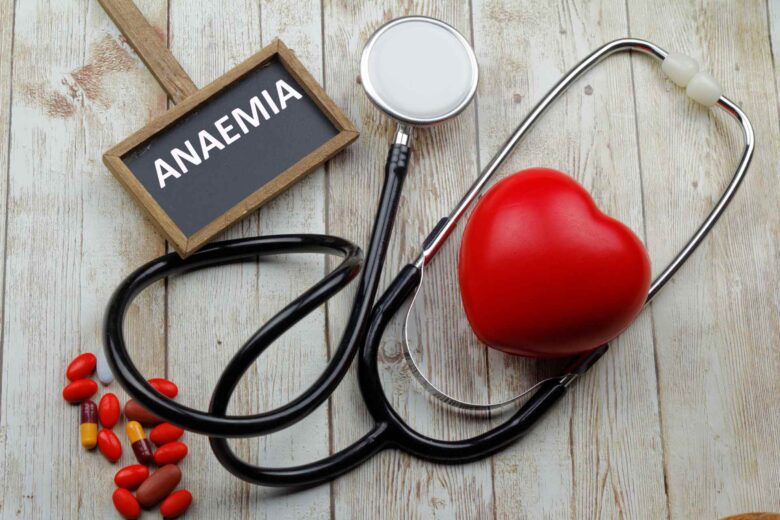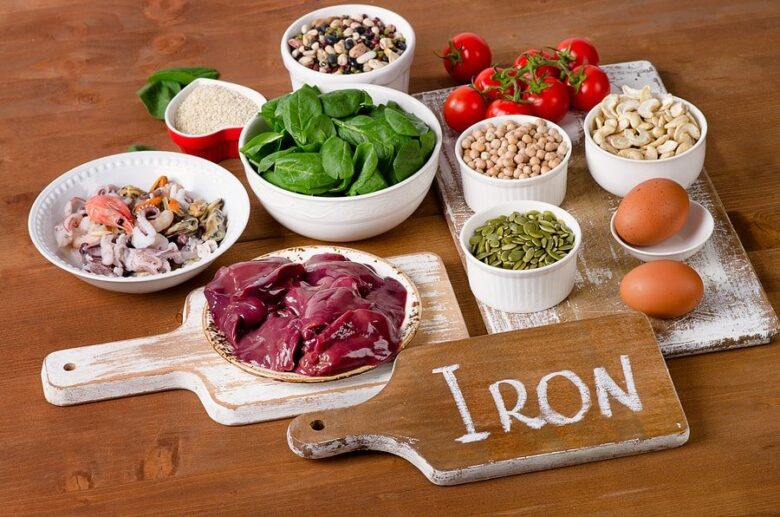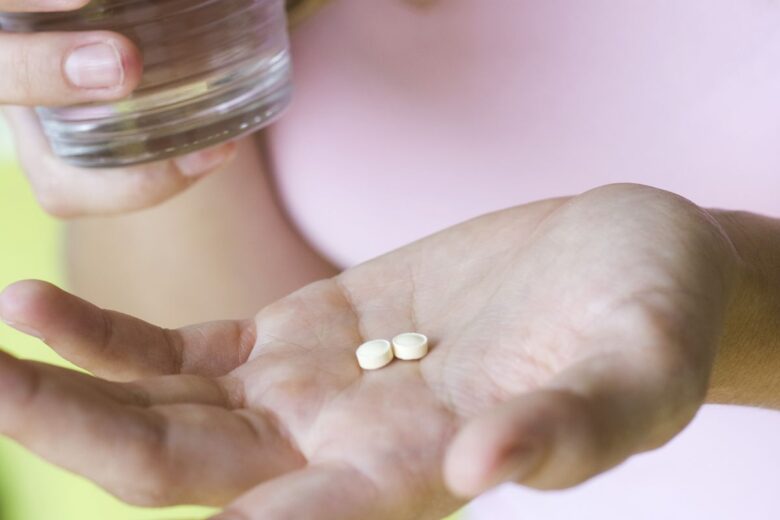Anemia is a condition that occurs when your body doesn’t have enough red blood cells or hemoglobin to carry oxygen to your tissues. This can lead to fatigue, weakness, shortness of breath, and other symptoms.
One way to combat anemia is by taking therapeutic iron and folic acid supplements, which brands like Fefol can help you with. This blog post will discuss how these supplements can help with anemia and provide tips on incorporating them into your daily routine.
Contents
Understanding Anemia

Source: medanta.org
Various factors, including nutritional deficiencies, chronic diseases, blood loss, and inherited conditions, can cause anemia. The most common type of anemia is iron-deficiency anemia, which occurs when your body doesn’t have enough iron to produce hemoglobin, the protein in red blood cells that carries oxygen.
According to statistics, iron deficiency without anemia is a common problem, affecting approximately 1 in 14 women and 1 in 20 men. Folic acid deficiency is also a concern, with around 1 in 8 Australian adults not getting enough of this essential nutrient.
Iron and folic acid are critical for forming healthy red blood cells, which carry oxygen to the body’s tissues. When the body doesn’t have enough iron or folic acid, it can lead to anemia, which can cause fatigue, weakness, shortness of breath, and other symptoms.
How Therapeutic Iron Supplements Can Help

Source: labs.selfdecode.com
Iron-deficiency anemia is a common condition that can be caused by several factors, including a low-iron diet, pregnancy, blood loss due to injury or surgery, or certain medical conditions that interfere with iron absorption. Fatigue, weakness, shortness of breath, and pale skin are all symptoms of iron deficiency anemia.
The symptoms of anemia may be lessened by therapeutic iron supplements, which can aid in replenishing the body’s iron stores and boosting hemoglobin production. A doctor will typically recommend iron supplements, and the dosage will depend on the patient’s specific requirements and the severity of the anemia.
It’s crucial to remember that taking iron supplements may have unwanted effects like nausea, vomiting, and an upset stomach. More severe side effects, like allergic reactions or iron overload, can also occur in some people and can be harmful. For this reason, it’s crucial to consult your doctor before beginning an iron supplement and to adhere to any advice they may give carefully.
Dietary sources of iron that can help stop iron-deficiency anemia are another option besides therapeutic iron supplements. Some of these are red meat, poultry, fish, beans, lentils, leafy green vegetables, and cereals that have been fortified. Maintaining healthy iron levels in the body can be facilitated by eating a balanced diet that contains these foods high in iron.
Iron deficiency anemia may occasionally indicate an underlying medical condition that needs further assessment and treatment. For instance, additional testing might be necessary to identify the source of a woman’s anemia if she has heavy menstrual bleeding.
How Folic Acid Supplements Can Help

Source: medichecks.com
Folic acid is essential for red blood cell production and can help prevent folate-deficiency anemia. Folic acid supplements can be found over the counter at most drugstores and online retailers.
In addition to preventing folate-deficiency anemia, folic acid supplements have been shown to provide several other health benefits. One of its most significant benefits is its ability to support fetal development during pregnancy.
Research has shown that folic acid can reduce the risk of congenital disabilities in the brain and spine of developing fetuses, such as spina bifida and anencephaly. That’s why it’s crucial for women who are trying to conceive or are already pregnant to take folic acid supplements daily. The recommended daily amount of folic acid for pregnant women is 600 micrograms.
Folic acid can also help lower the risk of certain types of cancer, such as colon cancer and breast cancer. Studies have shown that people with higher levels of folic acid in their blood have a lower risk of developing these types of cancer. Additionally, folic acid may help reduce the risk of heart disease, stroke, and cognitive decline in older adults.
While folic acid can be found in some foods, such as leafy greens, legumes, and fortified cereals, it can be challenging to get enough through diet alone. That’s why taking a folic acid supplement can be a convenient and effective way to ensure you get enough of this vital nutrient.
It’s important to note that while folic acid supplements are generally safe, taking too much is possible. High doses of folic acid can mask the symptoms of a vitamin B12 deficiency, which can lead to nerve damage if left untreated. That’s why it’s essential to talk to your doctor before starting any new supplement regimen, especially if you’re pregnant or have a medical condition.
Combining Iron and Folic Acid Supplements

Source: vox.com
If you have iron- and folate-deficiency anemia, your doctor may recommend taking iron and folic acid supplements. In some cases, a multivitamin that contains both iron and folic acid may be recommended.
Talking to your doctor before starting new supplements is essential, as too much iron or folic acid can be harmful.
Other Ways to Combat Anemia
In addition to taking iron and folic acid supplements, there are other things you can do to combat anemia. Eating a healthy diet that includes plenty of iron-rich foods, such as red meat, poultry, fish, beans, and fortified grains, can help.
Getting enough vitamin C in your diet is also essential, as it can help your body absorb iron. Good sources of vitamin C include citrus fruits, strawberries, kiwis, and tomatoes.
If your anemia is caused by chronic diseases like kidney disease or cancer, your doctor may recommend other treatments, such as medications or blood transfusions.
Conclusion
Anemia can be debilitating, but therapeutic iron and folic acid supplements can effectively combat it. It’s important to talk to your doctor before starting any new supplements, as too much iron or folic acid can be harmful. In addition to accessories, eating a healthy diet with plenty of iron-rich foods and vitamin C is essential. If you suspect you have anemia, you must talk to your doctor to get a proper diagnosis and treatment plan.
